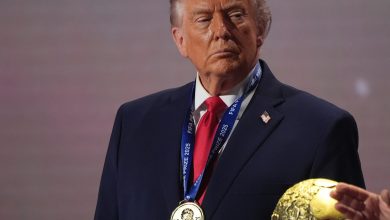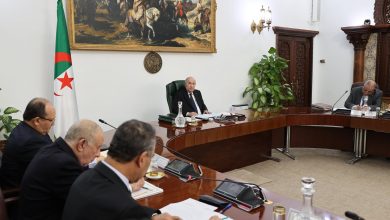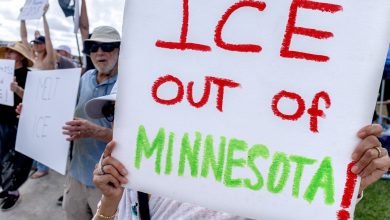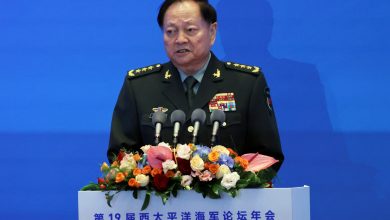Mauritania is intensifying its fight against corruption, with investigations underway targeting 70 officials, according to statements from President Mohamed Ould Cheikh El Ghazouani. The President affirmed that 20 individuals have already been imprisoned as part of the ongoing anti-corruption efforts.
President Ghazouani made the announcement during a public address in Jekeni, a region bordering Mali. He emphasized his administration’s commitment to combating corruption, linking it directly to national development, stability, and improved public services.
Of the 70 officials under scrutiny, 19 have been granted provisional release, while 30 remain under investigation by the public prosecutor’s office. The cases stem from alleged corrupt practices across various sectors of the government.
President Ghazouani highlighted significant progress in curbing corrupt practices, noting a substantial decrease in negotiated contracts. He stated that these contracts have fallen from 27% in 2019 to just 6% in 2025. This reduction, he asserted, reflects the government’s dedication to transparency and fairness in public procurement.
Furthermore, the President outlined measures taken to enhance transparency and integrity in managing state resources. These initiatives include the establishment of a Ministry of Digital Transformation, which has introduced numerous online services aimed at streamlining processes and increasing accessibility for citizens.
“We are improving the legal and legislative framework,” President Ghazouani stated, “allowing inspection bodies to operate with full freedom and independence.” He assured the public that recommendations from these bodies are being fully implemented.
President Ghazouani reiterated his unwavering commitment to fighting corruption without compromise. He stressed that no political, personal, or social connections would shield anyone suspected of corruption from investigation and prosecution if found guilty by the courts. However, he also emphasized that the fight against corruption would not be used as a tool for settling scores with political opponents. “Financial embezzlement is a heinous crime,” he declared, “and accusations should not be made lightly.”




